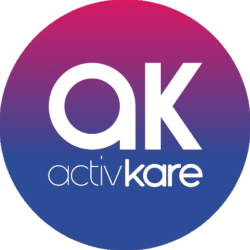People living with an overactive bladder often can find relief by changing their diet.
“We forget that some of the things we eat are causing our problems,” said the late Jean Fourcroy, MD, a urologist who was based in Washington, DC, in a 2011 interview.
Avoiding things that irritate the bladder, regulating your amount of fluid intake, and increasing your dietary fiber are just a few of the ways you can eat better to improve the symptoms of overactive bladder.
Find out more about the dos and don’ts of managing this condition through diet.
Foods to Avoid if You Have OAB
Doctors have identified a number of foods and drinks that can worsen overactive bladders, including:
- Caffeinated beverages and foods
- Alcohol
- Spicy foods
- Citrus fruits and juices
- Carbonated beverages
- Milk and milk products
- Sugar or honey
- Artificial sweeteners
When these foods and drinks collect in the bladder, it can cause irritation resulting in bladder muscle spasms. Those spasms can create the sudden urge to urinate and increase your frequency of urination. Because each person will react differently to trigger foods — coffee might bother one person, while dairy can be problematic for someone else — doctors suggest keep a food journal so you can see which foods affect you the most.
But there are certain beverages that are known to cause repeat trips to the bathroom. Even a moderate amount of alcohol, coffee, tea, or soda will increase the amount of urine your bladder must manage. Research published in September 2016 in the journal Current Urology showed nearly one-half of people over the age of 60 who drink more than 300 mg coffee a day (a little over a cup) suffer from overactive bladder symptoms, which is significantly higher than peers who do not consume large amounts of caffeine.
Also, chemicals in cigarettes have been shown to irritate the bladder and increase the risk of bladder cancer. Smoking can cause coughing spasms that increase problems with stress incontinence. The American Cancer Society offers extensive resources on quitting, noting smokers are at least 3 times more likely to get bladder cancer compared with nonsmokers.

